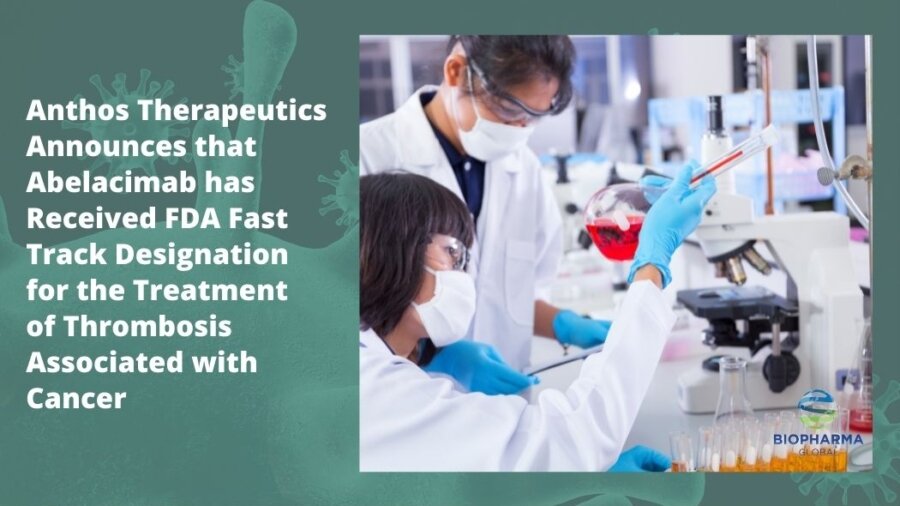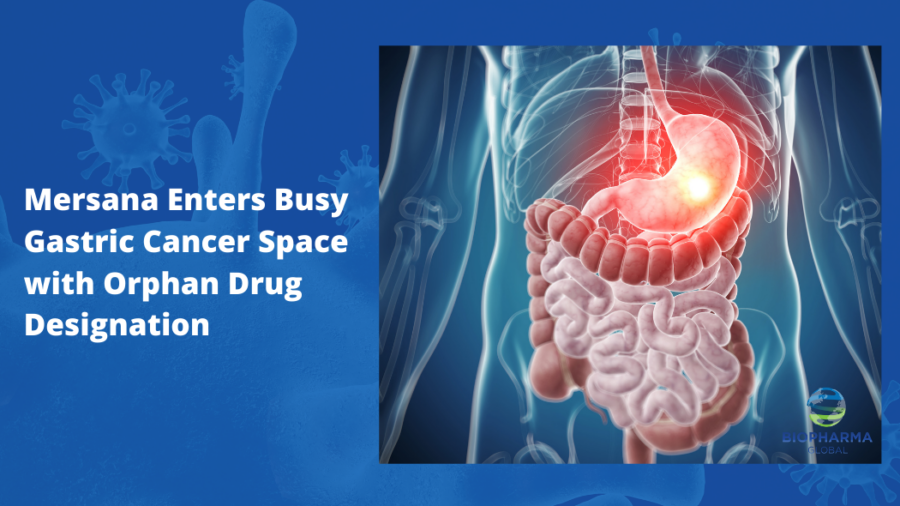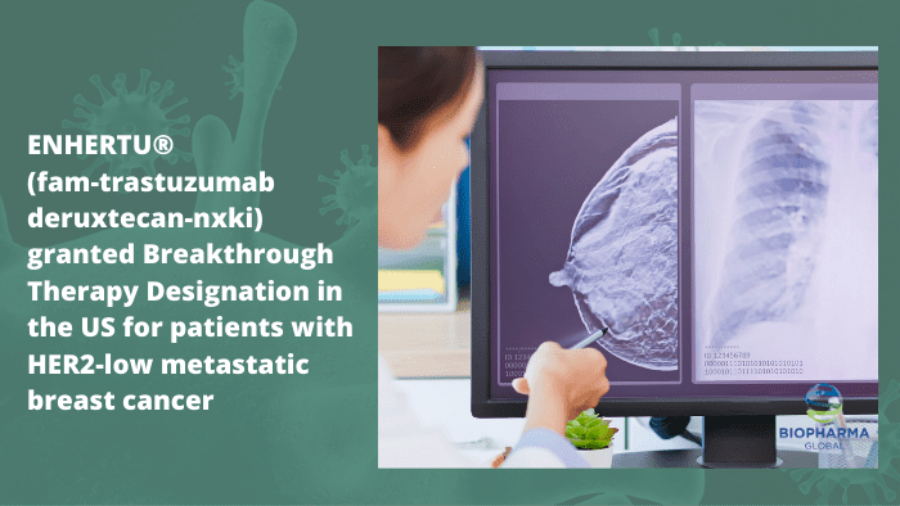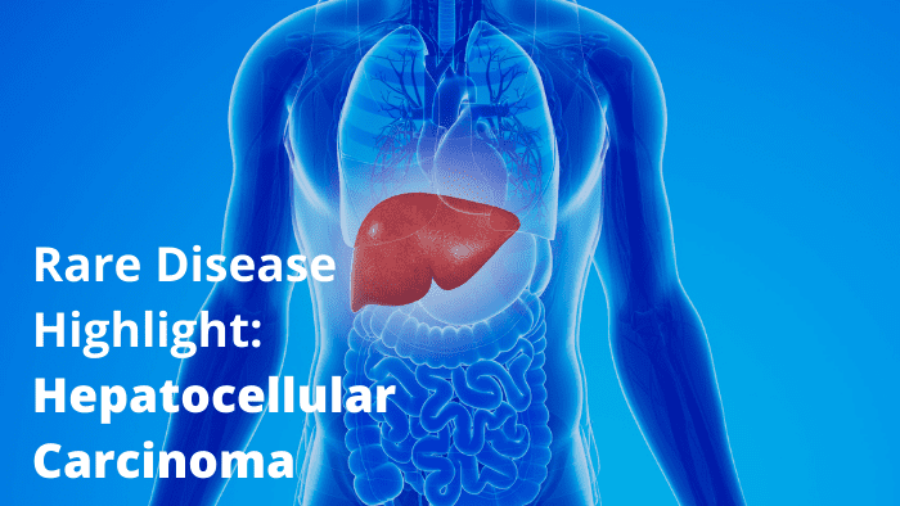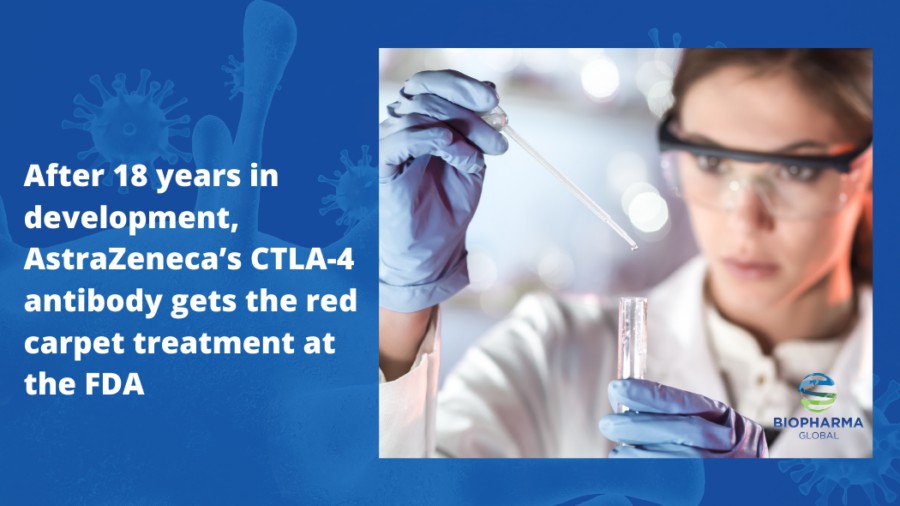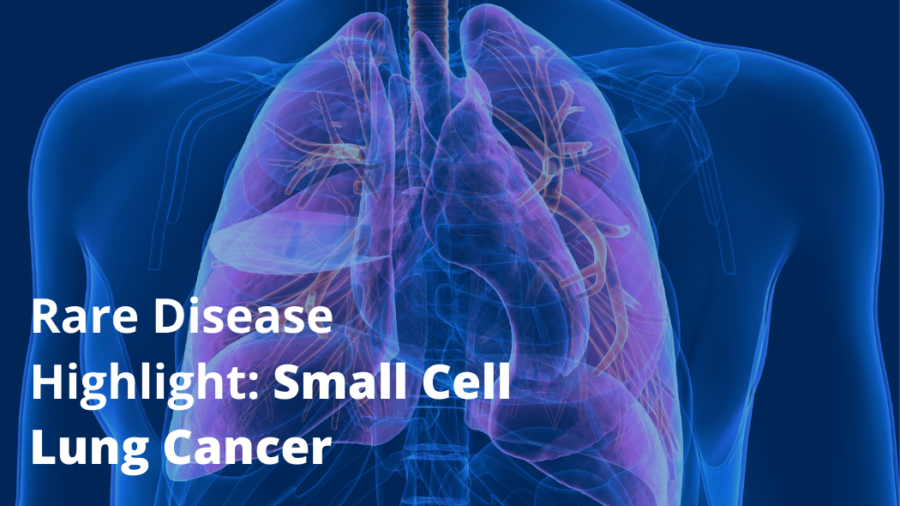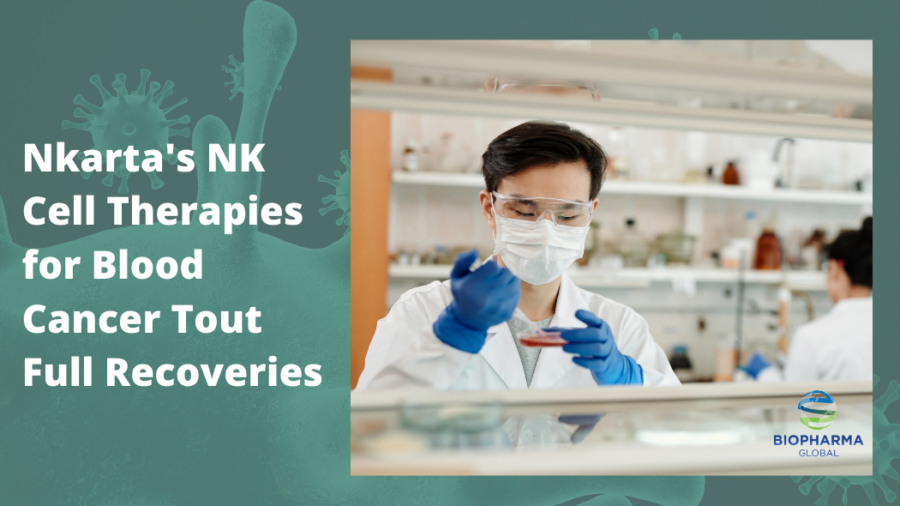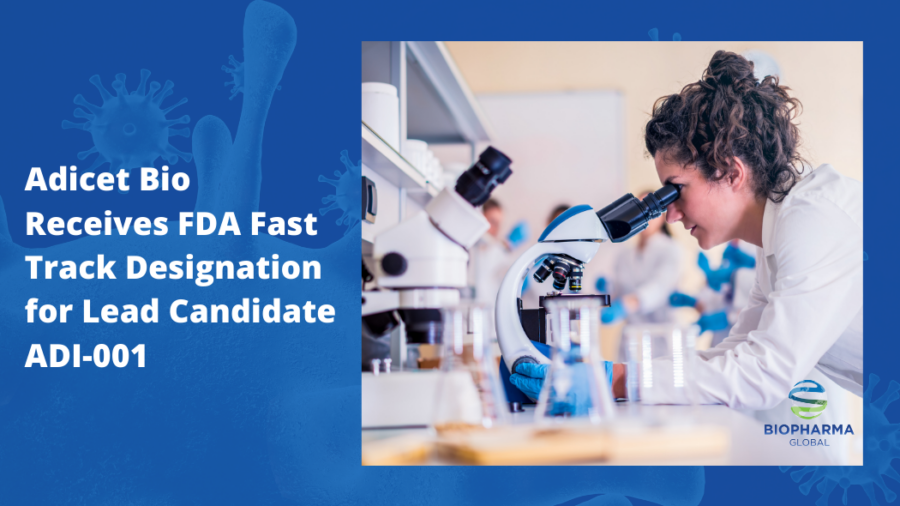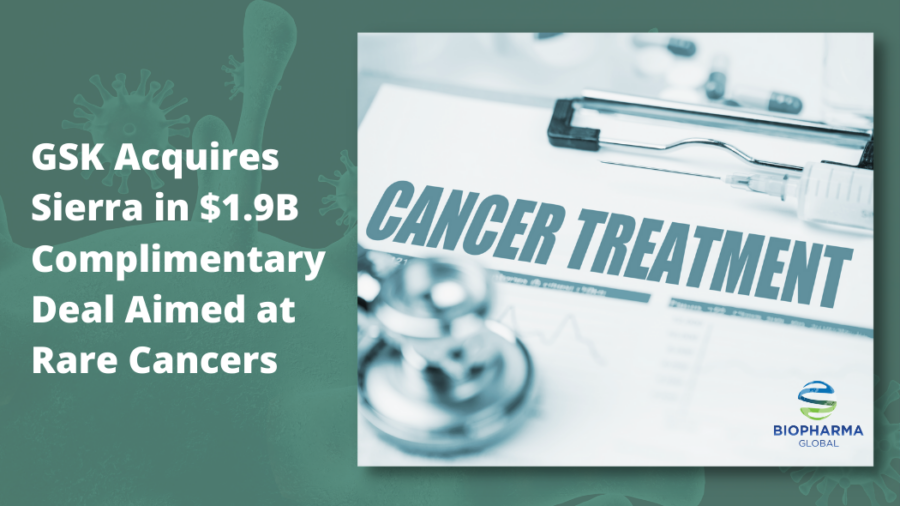Gastric Cancer (GC) is a disease in which malignant cells form into tumors in the lining of the stomach (NCI, 2021). About 90-95% of GC are adenocarcinomas, which develop from the gland cells in the mucosa (innermost lining of the stomach) (ACS, 2021a). With treatment, the 5-year survival rate of early GC can reach up to 95% (Song et al., 2017). However, 5-year survival rate of all stages combined (early to advanced disease) is 32% because there is no standard or routine screening test for GC in the US (ACS, 2021a; NCI, 2021; SEER, 2021). Most patients, ~73%, are diagnosed at an advanced stage with distant GC (AJCC stage IV). These patients have a 5-year survival rate of only 6%. GC is a rare disease that affects approximately 133,000 people in the US (SEER, 2021).
GC is a multifactorial disease because its occurrence and development are influenced by both environmental and genetic factors. Risk factors associated with GC include family history, diet, alcohol consumption, tobacco smoking, and Helicobacter pylori (H. pylori) and Epstein-Barr virus (EBV) infections. Although GC is largely sporadic, family history of GC remains one of the most crucial risk factors, with about 10% of cases displaying familial aggregation. Further, individuals with this family history have 3-fold higher risk of getting gastric carcinoma than individuals without such history (Machlowska et al., 2020). Salt-preserved foods may impact GC progression by inducing changes in the gastric mucosa towards precancerous conditions. Tobacco smoking also plays a role, as smoking is associated with up to 18% of GC cases (Marqués-Lespier et al., 2016). Additionally, there is a positive interaction between smoking and H. pylori infection (Piazuelo et al., 2013). H. pylori affects GC development by two mechanisms: an indirect inflammatory reaction to H. pylori infection on the gastric mucosa and a direct epigenetic outcome of H. pylori on gastric epithelial cells (Machlowska et al., 2020). Lastly, EBV is associated with GC development, although limited evidence exists of EBV-infected white blood cells entering the gastric epithelium (Figueiredo et al., 2017).
The symptoms of GC depend on the stage of the disease. In early stages, patients may experience indigestion, stomach discomfort, a bloated feeling after eating, mild nausea, loss of appetite, and/or heartburn. In advanced stages, patients may experience blood in the stool, vomiting, unexplained weight loss, stomach pain, yellowing of the skin (jaundice), build-up of fluid in the abdomen (ascites), and/or trouble swallowing (NCI, 2021). GC is staged based on the location and extent of the main tumor and classified as Stage 0, I, II, III, or IV, from early disease to advanced disease with metastasis (when the cancer spreads to other parts of the body) (ACS, 2021b; NCI, 2021).
The main treatments for GC are surgery, chemotherapy, targeted drug therapy, immunotherapy, and radiation therapy. Generally, combinations of two or more drugs are used to treat GC, depending on cancer stage, patient’s overall health, and the ability to undergo radiotherapy. Surgery, such as gastrectomy (removal of all or part of the stomach), is a common treatment for all stages of GC. It is used as a curative treatment for stages I-III patients and as a palliative treatment for stage IV patients, as well as patients who relapse (NCI, 2021). Although surgical removal of the stomach offers the potential to cure GC and prolongs patient survival, it significantly affects patients’ quality of life. Following surgery, some patients still need chemotherapy and/or radiation therapy. These treatments can exacerbate nutritional deficiencies. To help with this problem, a jejunostomy tube (a soft, plastic tube placed through the skin of the abdomen into the midsection of the small intestine to deliver food and medicine) is placed into the intestine at the time of or after the surgery to provide liquid nutrition to patients (NCI 2021 b and NIC 2021) (ACS, 2021a). Targeted therapies such as monoclonal antibodies can be used to target specific cancer cells, so they only benefit a specific patient subgroup. An example is trastuzumab, which targets patients whose cancer cells overexpress the specific receptor known as human epidermal growth factor receptor 2 (HER2). However, up to 50% of patients who receive trastuzumab and standard chemotherapy show resistance (Pellino et al., 2019).
The high mortality rates despite available treatments, particularly in patients with advanced disease, demonstrate the significant unmet medical need GC patients experience. There is an urgent need to develop novel therapeutics that can increase patients’ quality of life and survival rates.
References
ACS. (2021a). What is Stomach Cancer? Retrieved from https://www.cancer.org/cancer/stomach-cancer/about/what-is-stomach-cancer.html
ACS. (2021b). Stomach Cancer Stages. Retrieved from https://www.cancer.org/cancer/stomach-cancer/detection-diagnosis-staging/staging.html
Figueiredo, C., Camargo, M. C., Leite, M., Fuentes-Pananá, E. M., Rabkin, C. S., & Machado, J. C. (2017). Pathogenesis of Gastric Cancer: Genetics and Molecular Classification. Curr Top Microbiol Immunol, 400, 277-304. doi:10.1007/978-3-319-50520-6_12
Machlowska, J., Baj, J., Sitarz, M., Maciejewski, R., & Sitarz, R. (2020). Gastric Cancer: Epidemiology, Risk Factors, Classification, Genomic Characteristics and Treatment Strategies. Int J Mol Sci, 21(11). doi:10.3390/ijms21114012
Marqués-Lespier, J. M., González-Pons, M., & Cruz-Correa, M. (2016). Current Perspectives on Gastric Cancer. Gastroenterol Clin North Am, 45(3), 413-428. doi:10.1016/j.gtc.2016.04.002
NCI, N. (2021). Gastric Cancer Treatment. Retrieved from https://www.cancer.gov/types/stomach/patient/stomach-treatment-pdq#_1
Pellino, A., Riello, E., Nappo, F., Brignola, S., Murgioni, S., Djaballah, S. A., Lonardi, S., Zagonel, V., Rugge, M., Loupakis, F., & Fassan, M. (2019). Targeted therapies in metastatic gastric cancer: Current knowledge and future perspectives. World J Gastroenterol, 25(38), 5773-5788. doi:10.3748/wjg.v25.i38.5773
Piazuelo, M. B., & Correa, P. (2013). Gastric cáncer: Overview. Colomb Med (Cali), 44(3), 192-201. Retrieved from https://colombiamedica.univalle.edu.co/index.php/comedica/article/download/1263/2301
SEER. (2021). Cancer Stat Facts: Stomach Cancer. Retrieved from https://seer.cancer.gov/statfacts/html/stomach.html
Song, Z., Wu, Y., Yang, J., Yang, D., & Fang, X. (2017). Progress in the treatment of advanced gastric cancer. Tumour Biol, 39(7), 1010428317714626. doi:10.1177/1010428317714626
BioPharma Global is a mission-driven corporation dedicated to using our FDA and EMA regulatory expertise and knowledge of various therapeutic areas to help drug developers advance treatments for the disease communities with a unmet medical needs. If you are a drug developer seeking regulatory support for Orphan Drug designation, Fast Track designation, Breakthrough Therapy designation, other FDA/EMA expedited programs, type A, B (pre-IND, EOPs), or C meeting assistance, or IND filings, the BioPharma Global team can help. Contact us today to arrange a 30-minute introductory call.

